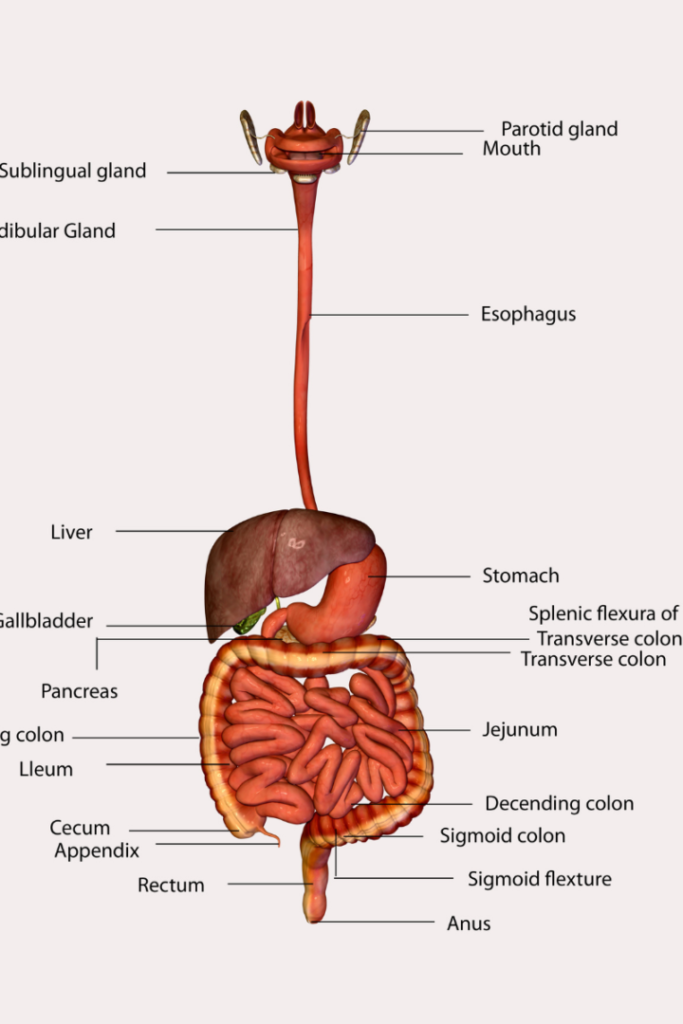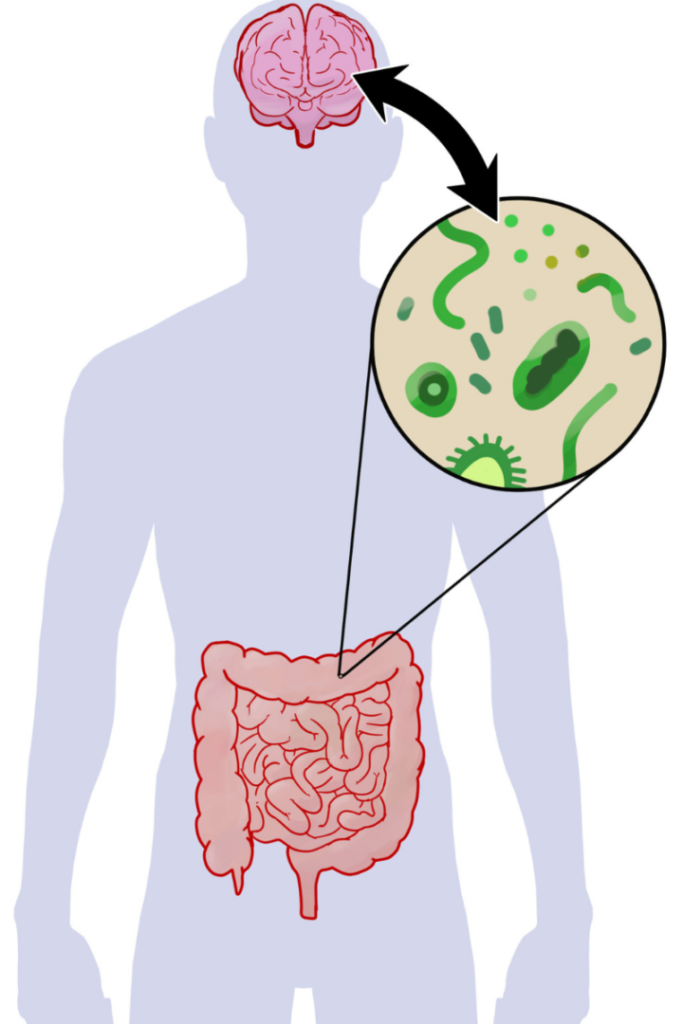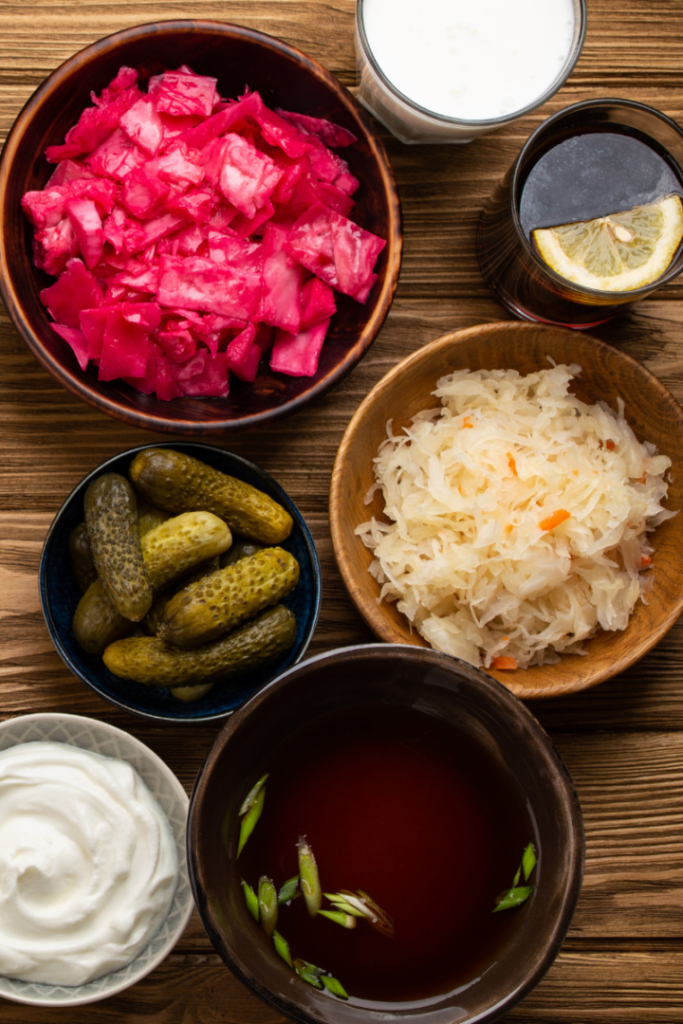Briana Brown, NTP, CF L1
If there was one part of the body that could display the most accurate picture of our current health in a snapshot, it would be the gut (or gastrointestinal tract). While our gut physically exists in the below the neck, trillions of microorganisms (microbiota) are in constant communication with the brain. This communication is called the gut-brain axis. Imbalances in quality and population of microbiota causes digestive issues like acid reflux, bloating, indigestion, nausea, constipation or chronic diarrhea, and other digestive discomfort.

As research continues to advance in this area, we are discovering that, due to the communication between the gut and the brain, microbiota imbalances have a much more systemic effect. Imbalances can cause symptoms such as allergies, chronic sinus congestion, a compromised immune system, autoimmune diseases, fatigue, mood imbalances, hormone imbalances, weight gain or loss, skin problems, and metabolic dysfunction. It is estimated that as much as 80% of our immune system is located in our gut along with over 90% of the chemicals responsible for regulating moods.

Woah, that’s some heavy stuff, huh? Don’t worry, one way to easily support and encourage a healthy and balanced microbiota is to consume probiotic foods (there are other ways as well that we will cover in future blog posts). Luckily, we do not need to run to the store and stare at the endless bottles of probiotics wondering which brand is best. Some of the best probiotics already exist in fermented-probiotic foods. While not all fermented foods contain probiotics (we see you beer), there are many fermented foods that develop microbes throughout the fermentation process which help to build and populate our gut with good bacteria.

Gut building fermented foods: Kombucha, sauerkraut, kimchi, greek yogurt (no added sugar & check label for “live active culture”), fermented pickles and other vegetables, kvass, miso, natto; water, and milk kefir. What is your favorite fermented food?
